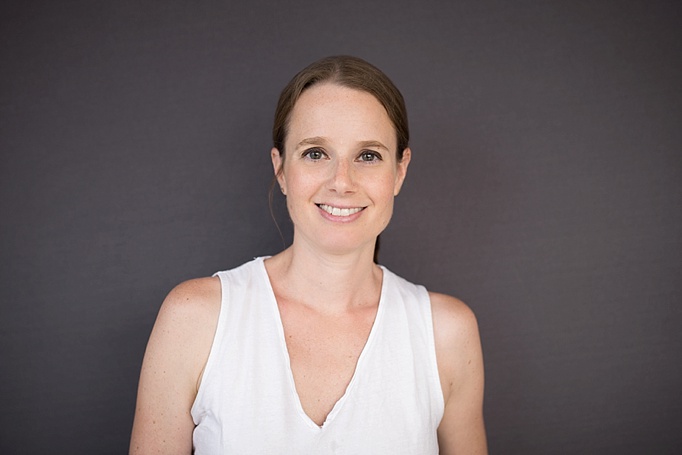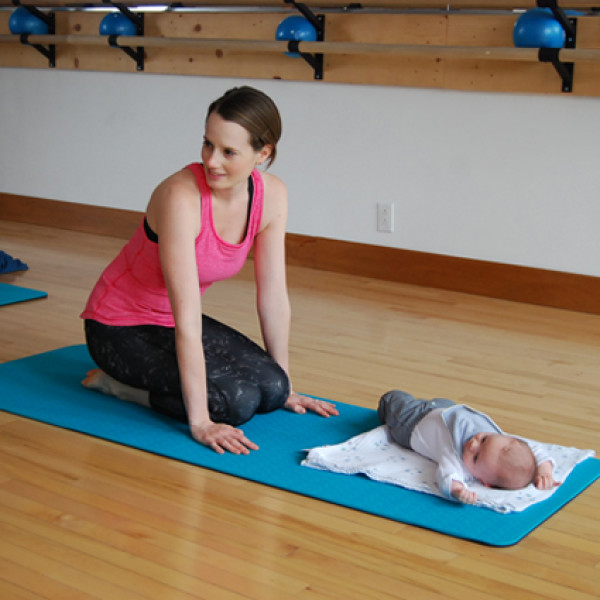Hi friends,
I debated about writing this post because a) I did not want to seem preachy and b) I do not know it all. But I think it’s worth writing.
I’m reading this amazing book right now called To Sell is Human: The Surprising Truth about Moving Others by Daniel Pink. It was recommended to me after I put out a desperate cry for help realizing that I was both terrible at selling myself in person as a photographer and I totally felt awkward about doing it. This book is less about selling then about our behaviours towards others and I really recommend it if you don’t want a traditional sales book.
It made me think about my behaviours in other areas too and particularly how I manage my stress. Because, if I’m stressed I’m a terrible terrible person that even I don’t want to be around.
Two things have forced me to manage my level of stress:
- Working for myself there is no longer a clock in and clock out time. It’s all me all the time and it’s easy for things to get way way out of control.
- I have kids. This means a large chunk of my time involves children who could be calm or crazy. They are a wildcard. Crazy kids plus a stressed mom does not work.
I am still not good at dealing with stress, but I have some tools I use to reduce the stress in my life. I hope you find these helpful and I’d love to hear what you guys think and how you manage.
Write it down
I write everything down so I don’t have to worry about forgetting.
If I have a chunk of time that I can use to work at the computer I will often make a list of things I need to do before hand so I don’t get off task.
I use an electronic calendar for appointments. Appointments are also written on a big calendar in the kitchen which I can casually glance at.
I use a big agenda where I write things I want to accomplish that day. For example today I have written: schedule May FB content, put in photo order, Jen at Okidgo, Ashley Halifax and calibrate monitor. I’m realistic. I’ll get most of this done. If I don’t get it done, it gets scheduled for another day.
Turn off email
I learned early on that emails constantly coming through are a huge distractor. Now I have to ‘Get All New Mail’ – a manual step – in order for it to come up. MAJOR time saver. This is easy and works very well for me. If you do one thing, try this.
Balls in your court
I do this a lot. I make it clear to people when it’s their move and then just kind of forget about it. This is for both work and for real life. For example, if a friend who is very busy wants to get together I’ll just say something like ‘I can’t wait to see you. I know you’re busy so you contact me when it works.’ Done. No back and forth. If she gets in touch with me great and if not I don’t worry about it. (Client follow ups are different)
Don’t sweat the small stuff & when is it ‘good enough’ & most people don’t notice anyway & pick your battles & just say no
This is super tough because everyone’s version of small stuff is different. My husband is really into clean floors so this is not small stuff for us. For other people, clean floors may not be a big worry.
This is also true of tasks. Make sure the effort is commensurate with the outcome. If a blog post has a typo I’m OK with that. If my personal photos aren’t perfect I’m OK with that. If my photography business webpage is not working, this is not OK.
And… most people don’t notice the little things anyways. You might notice that the photos I use for my posts tend to be a bit random. I could either try and curate each post and spend hours choosing a picture or just choose one from my library and move on. I tend to just choose and move on. Also, I’ve made plenty of baked goods that were a little dry or falling apart or not perfect. I just serve them and don’t say anything. Guess what, no one notices.
Also, I pick my battles. Some things just aren’t worth being right about. I just take a deep breath and move on. I usually forget about my anger 30 seconds later.
Lastly – there’s no need to please and over-please. It’s OK to say no, or I think I’ve done enough or I’m afraid I can’t help you out anymore. And there is no need for justification. My husband and my mother taught me this, both in different ways.
Let go of the things we cannot change or make it a choice
This took me a long time to understand, but when I did life was so much easier. People are human and my job in life is not to change other people.
For example:
When I reach out to other people to collaborate most people agree. And then a good percentage never end up doing it. Instead of stressing and following up a million times (I do follow up a couple times), I just understand this is human nature and let it go. I plan for it, so it’s not a big deal.
It’s also easier when we make it a choice. We can choose to accept things and get over it or we can try and change things, if possible.
For example:
Every single day my driveway is blocked multiple times by parents dropping their kids off at the school across the street. We bought our house knowing that it would be like that. Either I can blow a fuse 10 times a day, or I can frame it as a choice. I can either accept it and move on, or I can try and work to make the problem go away – maybe talk with the school, try and talk with the drivers, etc. I just decided to accept it and it’s fine. When it starts to irk me I just remember that this was my choice. (But there is a limit. People who park and leave their car still annoy me. lol)
I’m realistic with what I can accomplish & don’t beat myself up (don’t set yourself up for failure)
I don’t schedule a lot of stuff throughout my day and am very realistic with what I can accomplish. And sometimes my magnificent chicken marinade turns into barbecue sauce or I forget to wash the sheets. That’s OK. A wise friend suggested that if your list is too long, just choose the three most important things and get those done.
I celebrate tiny victories
Getting the kids out the door everyday is a tiny victory in my book, so is booking a new photography client, taking a great photo or just making a meal the kids love. They are not huge but they are important to me and they make me feel good. It’s a way to inject in some positivity and bright points in what might otherwise be a long, dull day.
For me a lot of this was a shift in attitude. It took years, but it I think I’m happier because of it.
How do you guys manage?
And here is my Best Piece of Advice.
Leave a Comment cancel













